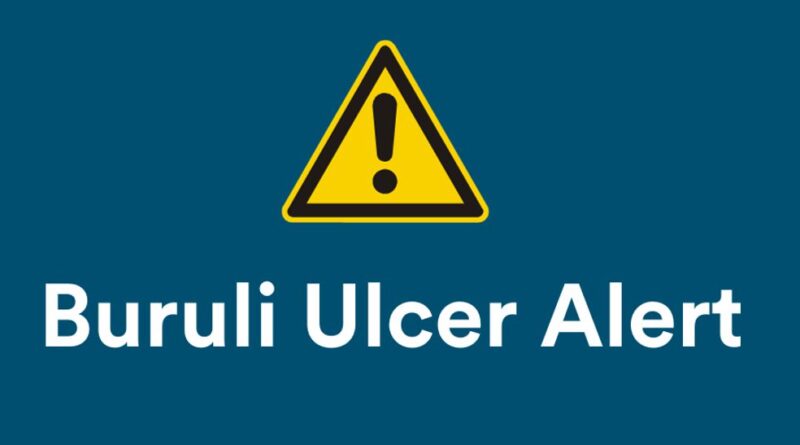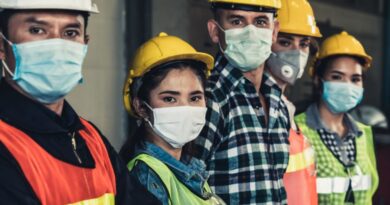Mayor urges people to seek medical advice as cases emerge in Moonee Valley.

Moonee Valley residents are being urged to seek medical advice for any non-healing skin sores or lesions, and to reduce their risk of mosquito bites, following an elevated alert of the Buruli ulcer in six suburbs within Moonee Valley and neighbouring council Merri-bek.
This week, Western Health Public Health Unit (WPHU) advised of “significant numbers of cases” of Buruli ulcer in the Moonee Valley suburbs of Essendon, Moonee Ponds and Strathmore, and the Merri-bek suburbs of Coburg, Brunswick West and Pascoe Vale South.
Buruli (also known as Bairnsdale) ulcer is a skin disease caused by the bacterium Mycobacterium ulcerans. The bacteria’s toxins destroy skin cells, small blood vessels and fat under the skin, which leads to infection, ulceration and skin loss. The damage can be serious and extensive.
According to WPHU, local research has found both mosquitoes and possums play a role in spreading the disease in Victoria. The bacteria that cause Buruli ulcer is very likely transmitted from possums to people via mosquitoes.
The type of mosquitoes that are a pest in backyards – especially the notorious and common container breeding mosquito Aedes nodoscriptus – are likely passing on this infection in the suburbs affected.
The Buruli ulcer usually has a 4-5 month gestation period, but can be as short as one month and as long as nine months. Many people exposed in the affected suburbs in the early months of 2023 will be showing signs of infection now.
City of Moonee Valley Mayor, Cr Pierce Tyson, urged any residents with non-healing skin lesions to visit their doctor for assessment as soon as possible.
“Most Buruli ulcers are treatable with oral antibiotics”, Mayor Tyson said. “Early diagnosis is key to a swifter and more full recovery”.
Signs of Buruli ulcer
Buruli ulcer may start as a rash, bump or raised patch on the skin, and then turn into a small, usually painless ulcer that slowly grows over days or weeks.
It will usually occur on areas of the body most commonly exposed to mosquito bites, such as ankles, lower legs and arms.
Mayor Tyson asked residents to be alert but not alarmed, as there are many simple measures residents can take to keep themselves safe.
These include:
- reducing mosquito breeding sites around homes by tipping out stagnant water from objects such as gutters, pot plant containers, buckets, discarded tyres or tins
- wearing long-sleeved clothing outdoors
- using personal insect repellents containing diethyltoluamide (DEET) or picaridin
- avoiding mosquito-prone areas especially at dusk and dawn
- seeing your doctor as soon as possible if you have a new or persistent sore, ulcer or skin infection.
“While the risk is low, we want to ensure all our residents are fully informed on how to keep themselves and their families safe from Buruli ulcer”, Mayor Tyson said.
For more information on Buruli ulcer please see our FAQ.
You can also visit the Victorian Department of Health website or the Better Health Channel website.



